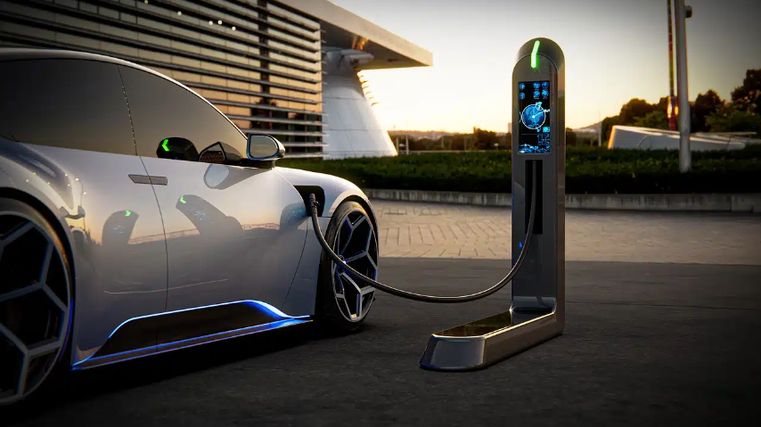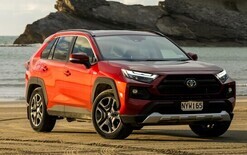EVs front Chinese onslaught

Chinese brands are set to account for about half of cars sold in their home market in 2023 with electric vehicles (EVs) becoming more dominant.
AlixPartners, a financial advisory and global consulting company, says this would be the first time the domestic market there has been controlled by domestic marques.
China’s market has been dominated by established global brands, such as Toyota and Volkswagen, operating in joint ventures with Chinese partners for the past four decades.
However, competitive pricing, faster model roll-outs and an upswing in domestic EV specialists, such as BYD, Nio and Xpeng Motors, have changed this. The country, notably, passed Japan as the world’s largest automotive exporter in this year’s first quarter.
AlixPartners, which has its headquarters in New York, forecasts China’s overall car sales will increase by three per cent this year to 24.9 million units, recovering to levels last seen before the coronavirus pandemic. It anticipates growth to 30.6m vehicles in 2030 when it projects more than 50 per cent of sales in China will be EVs.
China’s market for what it calls “new energy vehicles”, including plug-in hybrids and fully electric, has benefited from the equivalent of US$57 billion in government subsidies from 2016-22, reports AlixPartners.
By contrast, the US government has provided $12b in such subsidies over that timeframe. Chinese EV makers have also gained from a focus on features, such as advanced driver-assistance systems, even in less-expensive models.
“It would be the best for foreign brands to learn from new Chinese EV start-ups if they want to survive in China or face the disruptive impact from those brands in their home markets,” says Stephen Dyer, head of AlixPartners’ automotive consulting in Asia.
He forecasts annual sales of Chinese-branded cars overseas will jump to nine million by the end of this decade to give such marques a 30 per cent share of global market, 15 per cent in Europe, and 19 per cent in south and south-east Asia.





